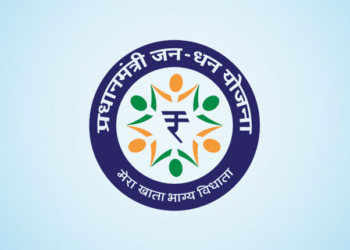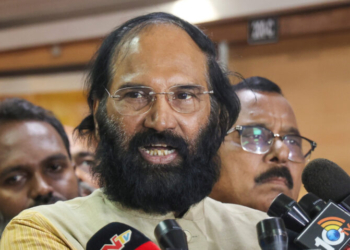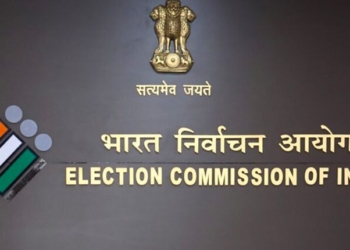New Delhi: The Supreme Court on Tuesday allowed the probe by both police and the Enforcement Directorate (ED) against Tamil Nadu Electricity, Excise, and Prohibition Minister V. Senthil Balaji in the cash-for-job scam of 2011-15.
A bench of Justices Krishna Murari and V. Ramasubramanian said: “In the case of an offence of corruption, the criminal activity and the generation of the proceeds of crime are like Siamese twins”.
“Even if an intangible property is derived as a result of criminal activity relating to a scheduled offence, it becomes proceeds of crime under Section 2(1)(u)… we are not impressed with the contention that the investigation by ED was triggered without any foundational/jurisdictional facts.”
Justice Ramasubramanian, who authored the 89-page judgment on behalf of the bench, said: “In our view, the allegations in the FIR point out to (i) involvement of persons in criminal activity relating to scheduled offences; (ii) the generation as well as (iii) laundering of the proceeds of crime within the meaning of Section 3. This is in view of the fact that wherever there are allegations of corruption, there is acquisition of proceeds of crime which itself tantamount to money-laundering.”
The apex court set aside the Madras High Court’s “shocking” orders for de novo investigation, which it said even went against the previous order by the top court saying.
“The High Court not only directed the wiping out of the investigation carried out so far, but virtually wiped out even the judgment of this Court of September 8, 2022. Hail judicial discipline!”
The top court said: “The Investigation Officer shall proceed with further investigation in all cases by including the offences under the PC (Prevention of Corruption) Act. Any let up on the part of the Investigation Officer in this regard will pave the way for this Court to consider appointing a Special Investigation Team in future.”
The top court said it is an irony that persons who are victims of a huge jobs-for-cash scam are alleged to have come to court with unclean hands by persons whose hands were allegedly tainted with corruption money.
In connection with the ED probe, the bench said: “All the three FIRs allege that the accused herein had committed offences included in the Schedule by taking illegal gratification for providing appointment to several persons in the Public Transport Corporation. In one case it is alleged that a sum of more than Rs 2 crore had been collected and in another case a sum of Rs 95 lakh had been collected.”
“It is this bribe money that constitutes the ‘proceeds of crime’ within the meaning of Section 2(1)(u). It is no rocket science to know that a public servant receiving illegal gratification is in possession of proceeds of crime.”
The apex court order came on a clutch of appeals challenging the high court orders.
On September 8, last year, the Supreme Court had said that corruption by a public servant is an offence against the state and the society at large. It made this observation while restoring a criminal complaint against Senthil Balaji, who is currently a minister in the DMK government.
A bench of Justices S.A. Nazeer (since retired), and Ramasubramanian had then said: “It is needless to point out that corruption by a public servant is an offence against the state and the society at large. The court cannot deal with cases involving abuse of official position and adoption of corrupt practices, like suits for specific performance, where the refund of the money paid may also satisfy the agreement holder. Therefore, we hold that the High Court was completely in error in quashing the criminal complaint.”
(IANS)















